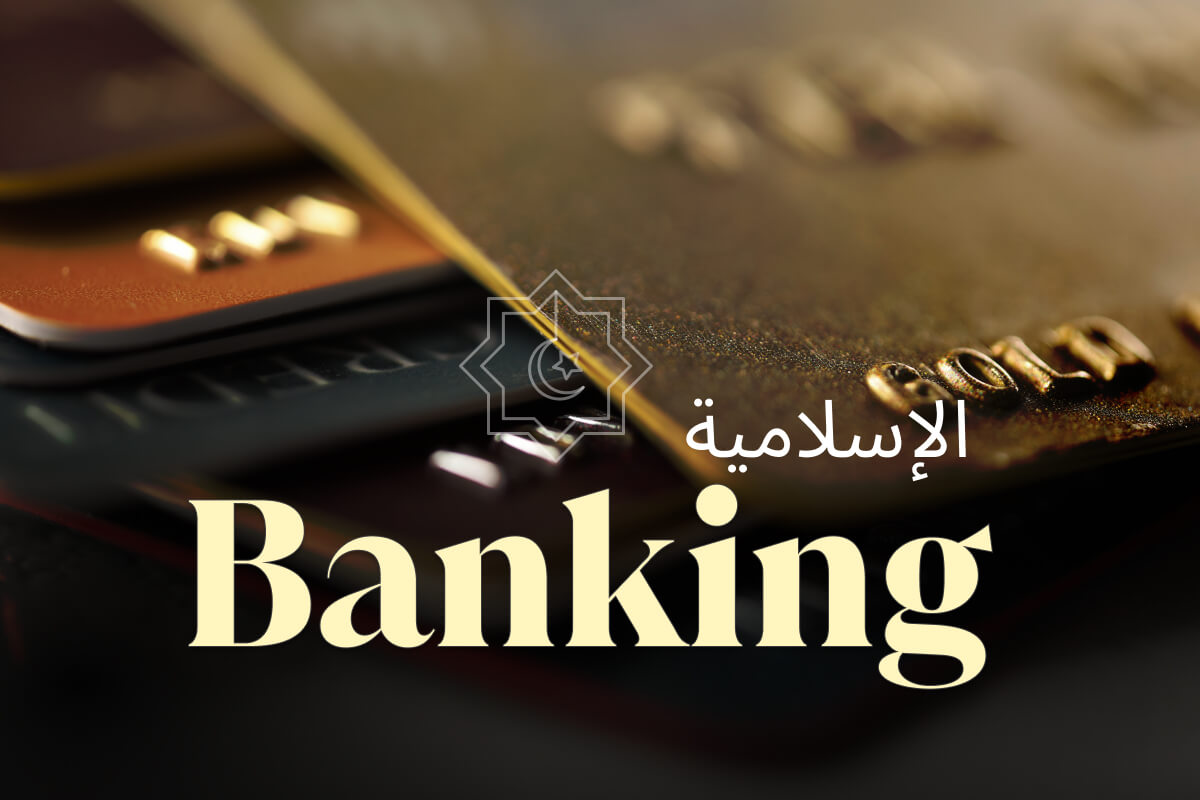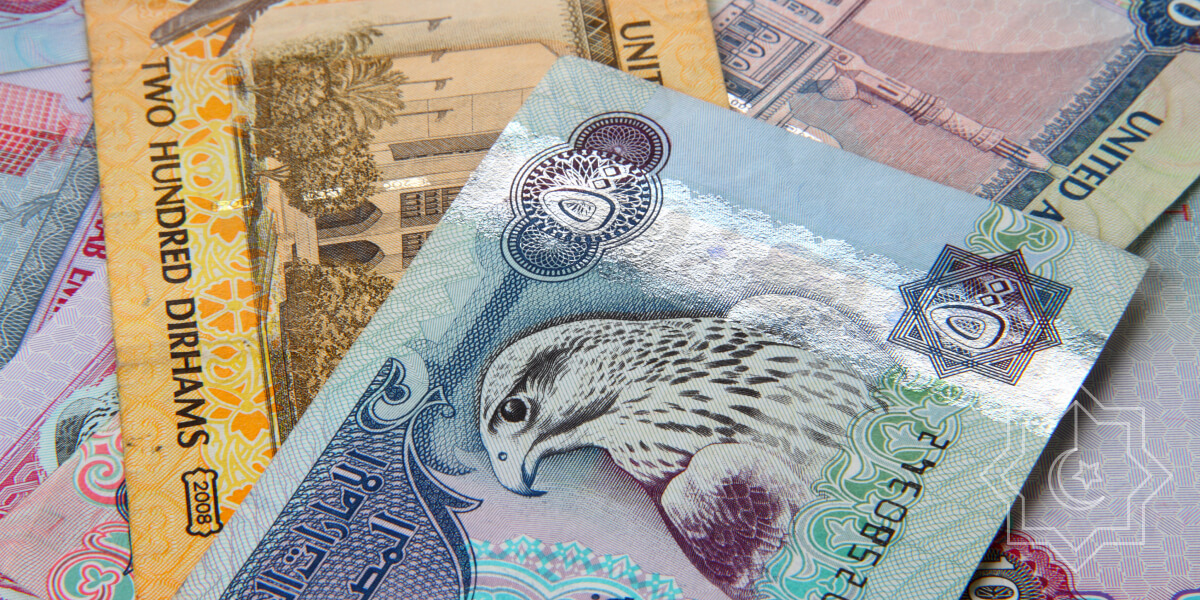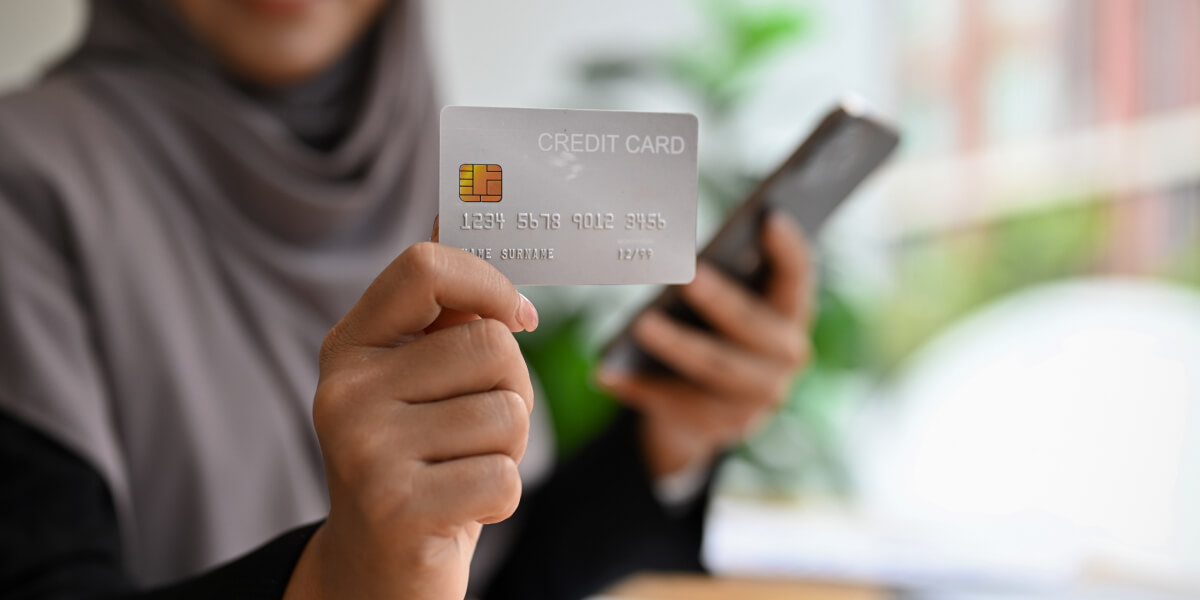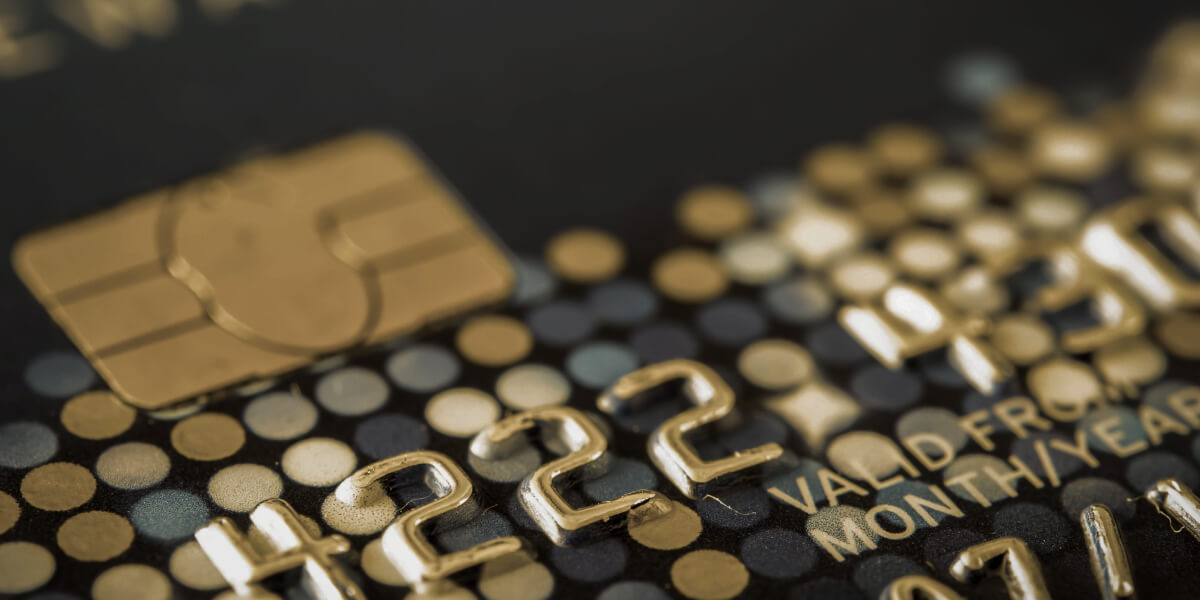
Islamic Banking and Finance for High-Net-Worth Individuals
Islamic banking is one of the fastest-growing segments of the financial system worldwide. Although it may not yet be the leading sector, it has carved out a significant niche in the financial landscape, attracting strong interest from investors.
Islamic banking focuses on Sharia-compliant financial services. These services are found not only in Muslim countries but also in places with diverse populations. Why is this? Because the ethical investment opportunities and quest for economic stability resonate with a wide audience.
Moreover, Islamic banking enjoys a high reputation in the global financial sector, proving trustworthy, safe, and well-integrated.
The Idea Behind Islamic Finance

At its core, Islamic finance is a financial management system that complies with Shari’ah Islamic law and its fundamental principles. This sector barely existed 30 years ago. Now, it is a $3.96 trillion industry.
There are over 1,650 specialized institutions around the world. Islamic banks are the biggest players in the finance industry in these regions. As highlighted in the 2023 State of Global Islamic Economy report, its assets are projected to reach around $6 trillion by 2026.
One of the distinguishing features of Islamic finance is its prohibitions. Shari’ah does not permit financial transactions that involve "riba" (interest), "gharar" (excessive uncertainty), or "maysir" (gambling). It also prohibits short sales and any activities that harm society.
Instead, all parties involved in a transaction must share risks and rewards, ensuring that the transaction has a real economic purpose without undue speculation or exploitation. This system works effectively, as evidenced by its impressive growth and stability.
Overview of Islamic Banking

Islamic banking operates differently from conventional banking. And this uniqueness is part of what makes it successful. Here are its standout features:
Interest-Free Structure
Unlike traditional banks that operate on borrowing and lending with fixed interest rates, Islamic banks use current accounts that do not earn interest. They also use profit-sharing investment accounts (PSIA) for funding. In these accounts, holders earn returns based on the bank's profits, not fixed interest.
Key Financial Instruments in Islamic Banking
Islamic finance has developed a range of unique financial instruments designed to provide Sharia-compliant finance alternatives to conventional banking products. Here are some key instruments that can offer practical financial solutions:
Murabaha
In a Murabaha financing arrangement, the bank purchases an asset for the client and resells it at a pre-agreed profit margin. This method is often used for big purchases like homes and cars. It offers a fair way to finance without interest.
Musharaka
Musharaka is a partnership model where both the bank and the client invest in a project, sharing profits and losses. This fosters a sense of collaboration and shared success between bot parties.
Ijara
Ijara functions similarly to leasing, where the bank acquires an asset and leases it to the client for a fixed duration. At the end of the lease, the client can own the asset. This makes leasing a good choice for financing equipment and vehicles.
Sukuk
Often referred to as Sukuk Islamic bonds, these are investment certificates that represent ownership in an underlying asset. Returns on Sukuk bonds are tied to the performance of that asset, ma ing them an ethical investment option that has gained traction, especially in the Middle East and Asia.
Mudaraba
In a Mudaraba agreement, the bank provides capital while the entrepreneur supplies expertise and management. Profits are shared according to a predefined ratio, promoting an entrepreneurial spirit grounded in ethical finance.
Unique Risks in Islamic Banking

While Islamic banks face standard banking risks like credit and liquidity, they also encounter unique challenges:
|
There’s a chance that the products offered may not always align with Shari’ah principles upon review.
|
|
Profit-sharing account holders want returns like those from regular banks. This can pressure Islamic banks to change profit-sharing terms.
|
|
This stems from profit-sharing financing instruments unique to Islamic banking.
|
Managing liquidity can be tricky for the Islamic banking system, especially when limited Shari’ah-compliant financial markets exist. The need for transactions to be asset-backed often leads to complex arrangements that might involve non-financial corporations.
To tackle these challenges, various jurisdictions have collaborated to establish specialized institutions that develop regulatory standards, governance, and liquidity infrastructure.
Benefits of Islamic Banking

Benefits in the banking industry are what lead to client interest tickling. Especially for Islamic banking, facing "prohibitions" creates real incentives to attract attention. Here are some noteworthy benefits:
- Ethical Investment: Islamic finance clears harmful industries, such as alcohol and gambling, making it attractive for socially responsible investors.
- Risk Mitigation: With a requirement for underlying assets, Islamic banks are generally less prone to speculative risks, contributing to overall financial stability.
- Financial Inclusion: Islamic finance can attract people who avoid traditional banking. This helps include more individuals in the financial system, especially in mostly Muslim countries.
- Economic Stability: Islamic financial institutions contribute to market stability by avoiding high-risk speculative practices.
- Diversification: For investors, Islamic financial products offer additional avenues for portfolio diversification, potentially reducing overall investment risks.
Challenges Facing the Islamic Finance Industry

Islamic banking has grown a lot and offers many benefits. However, it also faces some challenges. These challenges need to be handled with a light-hearted but professional approach.
🔺 Standardization
The absence of universal standards in Sharia interpretation can lead to inconsistencies across jurisdictions, complicating international transactions. Some Islamic financial products can be more complex than regular ones. This may cause confusion and lead to higher costs.
🔺 Limited Liquidity
The prohibition of interest complicates liquidity management for Islamic banks, especially during economic downturns.
🔺 Competition
Islamic banks often compete with well-established conventional banks, facing brand recognition and scale challenges.
🔺 Regulatory Challenges
Many regions lack specific regulatory frameworks for Islamic finance, which can hinder growth and innovation.
🔺 Human Capital
A shortage of professionals knowledgeable about Islamic finance principles and modern financial practices limits the sector's potential.
World’s Best Islamic Banking Institutions 2024

So, you've decided to explore Islamic banking. What are your options? Let’s take a journey through some of the top Islamic financial institutions that are making waves in 2024:
HSBC Amanah

This global banking giant excels in international Islamic banking, offering sophisticated Sharia-compliant services across various markets. Their expertise bridges the gap between global finance and local needs, making them a strong contender.
Kuwait Finance House

If you’re seeking comprehensive Islamic finance solutions, look no further than Kuwait Finance House. This institution is a leader in the Middle East. It is known for its creative methods and dedication to customer service.
Al Rajhi Bank

Ready to explore the largest bank in Saudi Arabia? Al Rajhi Bank dominates the market with outstanding retail banking services and an extensive array of products that cater to every financial need. The bank is a giant institution in the Islamic banking realm.
Maybank Isl mic

Emerging as a leader in Asia, Maybank Islamic specializes in catering to SMEs and trade finance. Their growth highlights the increasing importance of Islamic banking across diverse economic environments.
Abu Dhabi Islamic Bank (ADIB)

DIB has made a name for itself by focusing on sustainable practices within the Islamic finance framework. Their commitment to responsible banking is setting a new standard in the industry. With this, the bank also keeps the high standards of safety and quality.
Abu Dhabi Commercial Bank

This institution is a great example of diversity. It offers various Islamic banking products and services. These are suitable for individuals and businesses seeking Sharia-compliant solutions.
Qatar International Islamic Bank

Qatar International Islamic Bank focuses on customer service and innovation. It offers many Sharia-compliant financial products. This makes it an important player in the region.
Sharjah Islamic Bank

Last but not least, Sharjah Islamic Bank has established a solid reputation for delivering reliable Islamic banking solutions that are accessible to all and have a commendable focus on community development.
Conclusion
Feels like we’ve covered the bases! The Islamic finance industry has opportunities for savvy investors and consumers alike. If you want to learn about this sector or explore options like Islamic bonds or halal financing, we can help.
Whenever you're ready to take the next step, you can always find a suitable slot to book a call with us.
